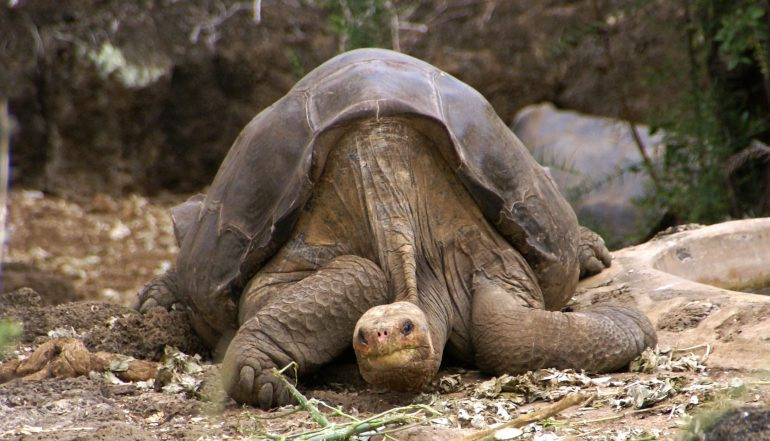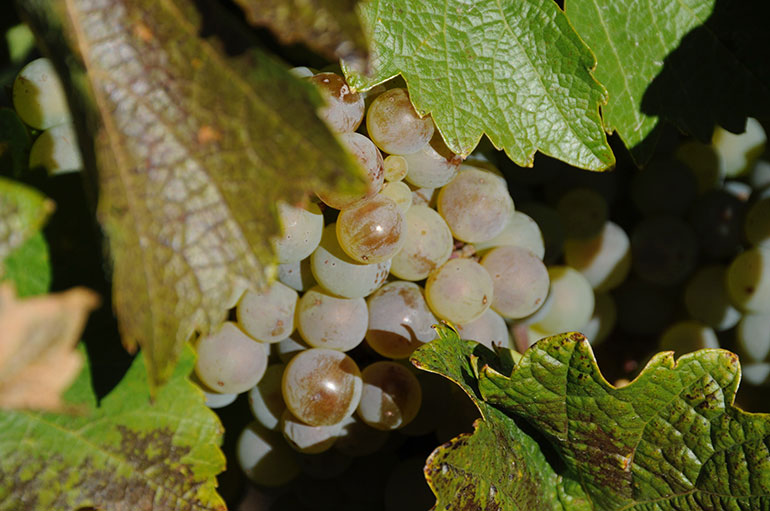UBC study examines use of emojis in romantic contexts – and how some emojis have double meanings
For some, an eggplant emoji evokes visions of a fabulous dinner, while for others, it could suggest an intimate interlude after dessert.
UBC Okanagan researchers are hoping to better understand interpretations of these small, emotion-portraying images through a new study. They found that emojis were included in half of all texts and 80 per cent of social media posts. In addition, they demonstrated an emerging trend of emojis being used for sexually suggestive messages.
“The use of emojis enhances the expression of emotion and personality in messages,” says Jocelyn Wentland, lead author of the project and adjunct psychology professor at UBC Okanagan’s Irving K. Barber School of Arts and Sciences. “Ours is one of the first studies to explore the relationship between emoji use, personality traits and sexual behaviour.”
Wentland and her team, including former psychology undergraduate students Samantha Thomson and Emily Kluftinger, examined emoji use in a sample of over 650 participants. They found that the most commonly used emojis included the heart, happy face and winking face. Participants identified the top sexually suggestive emojis (“sexy emoji”) as the smirk face, winking face, kissing faces, sweat droplets and eggplant.
Seventy-five per cent of the individuals surveyed indicated they had sent a sexually suggestive image, many of which included a sexy emoji.
“What’s really cool is that we now have evidence that people really are using emojis to add emotional and sexual cues to their text messages,” says Wentland. “That may be in subtle ways, such as using a winking face, but it can also be in much more sexually suggestive ways, such as the eggplant or the tongue emoji.”
Wentland adds that the honours thesis research of Kluftinger illustrated a correlation between those with higher extraversion—or outgoing—behaviour and an increased likelihood of using sexy emojis.
Wentland also suggests that emojis can lead to sexting. “Fifty-one per cent of participants who reported sexting, reported that sexy emoji use often led to sexting instances,” says Wentland. “Our team suspects that people may add sexy emoji to their text conversations to subtly see how the other person responds. If the person responds favourably, it could be game on.”
Wentland points out that this is the first study of its kind to look at how modern communication tools like emojis can provide an emotional component to what might otherwise be a cold, text-based computer-mediated message. She says her study contributes additional clues into the type of person who is more likely to use emojis—particularly sexual ones—and may help to inform what impact this new form of communication may have on developing relationships.
“However, we still need further research to determine the perceptions of and impacts on the sender and receiver when exchanging emojis, especially in a sexting context. This is an extremely interesting line of research as emojis become more popular,” says Wentland.
The study was published recently in the Canadian Journal of Human Sexuality.

UBC Okanagan researchers are hoping to better understand interpretations of emojis through a new study.
About UBC’s Okanagan campus
UBC’s Okanagan campus is an innovative hub for research and learning in the heart of British Columbia’s stunning Okanagan Valley. Ranked among the top 20 public universities in the world, UBC is home to bold thinking and discoveries that make a difference. Established in 2005, the Okanagan campus combines a globally recognized UBC education with a tight-knit and entrepreneurial community that welcomes students and faculty from around the world.
To find out more, visit: ok.ubc.ca.
The post Will U B my <3? appeared first on UBC's Okanagan News.





